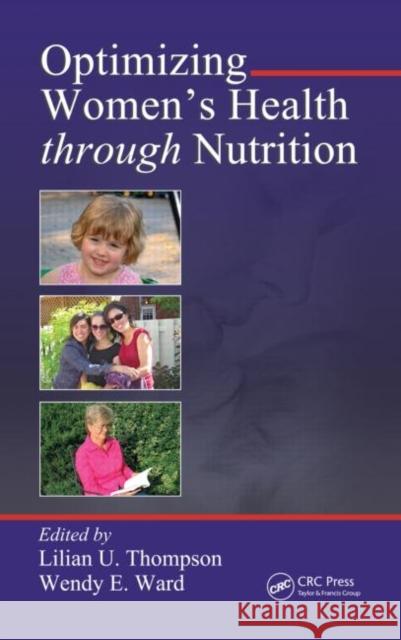Optimizing Women's Health through Nutrition » książka
Optimizing Women's Health through Nutrition
ISBN-13: 9781420043006 / Angielski / Twarda / 2007 / 472 str.
It is no surprise that women and men experience biological and physiological differences fundamentally and throughout the lifecycle. What is surprising is that faced with such a self-evident truth, there should be so little consideration to date of how these differences affect susceptibility to disease and metabolic response to dietary treatment. Understanding these differences and developing a gender-based approach focusing on the specific needs and conditions of women is crucial to achieve effective nutritional strategies for women's health. Expanding the knowledge-base regarding sex, nutrition, and medicine, Optimizing Women's Health through Nutrition presents the biology, physiology, and metabology unique to women. The book demonstrates in a practical, accessible manner the scientific application of this data addressing lifecycle changes, disease prevention, and treatment. Based on sound research and supported by extensive references, it begins by describing recent research on biological and physiological differences and how these differences translate into varying disease trends between the sexes. Contributions describe the nutritional needs of women during the lifecycle, particularly during adolescence, pregnancy and lactation, premenopause, and menopause and midlife stages. The bulk of the book addresses each of the common major diseases or conditions that specifically affect the health of women. It emphasizes the role of nutrition in disease risk reduction as well as management and treatment of disease. Specific disease selection was dictated by those in which women are more vulnerable or have a higher incidence than men. The concluding section identifies areas for future research and strategic areas of investigation for researchers and health professionals, government regulators, and food industry professionals involved in creating novel foods that enhance women's health.











